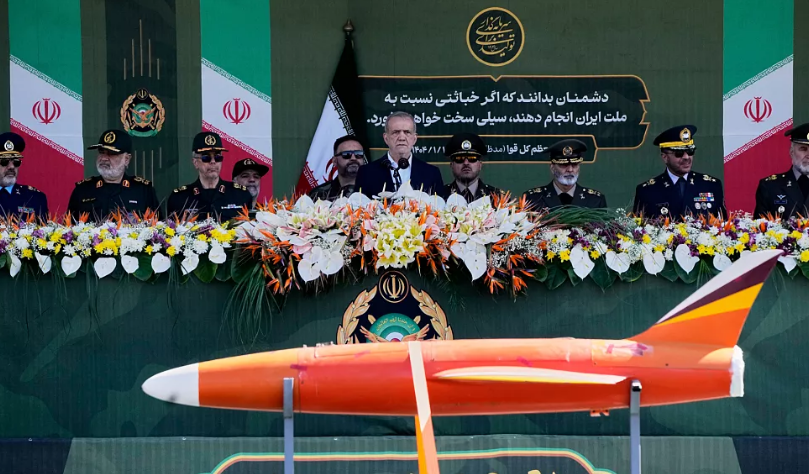The recent joint strikes by the United States and Israel on Iran’s nuclear facilities have significantly delayed Tehran’s nuclear programme, according to a new assessment released by the Pentagon. The attacks, which targeted Iran’s most fortified nuclear sites, may have set the programme back by as much as two years, officials say.
Speaking to reporters on Wednesday, Pentagon spokesperson Sean Parnell said, “We have degraded their programme by one to two years, at least. Intelligence assessments inside the department support that conclusion.”
The joint strikes, conducted on June 22, hit three major Iranian nuclear facilities — Fordow, Natanz, and Isfahan — using more than 30 bunker-busting missiles and Tomahawk cruise missiles. The coordinated operation marked one of the most direct assaults on Iran’s nuclear infrastructure in years.
“All of the intelligence that we’ve seen led us to believe that Iran’s facilities have been completely obliterated,” Parnell added, though he offered a more measured view than earlier comments from President Donald Trump, who had claimed the strikes set Iran’s programme back “by decades.”
In contrast, the International Atomic Energy Agency (IAEA) has provided a more cautious assessment. In an interview with CBS News, IAEA Director General Rafael Grossi stated that while Iran’s infrastructure had suffered damage, it retained the capacity to resume enrichment operations within months. “They can have a few cascades of centrifuges spinning and producing enriched uranium in a matter of months,” Grossi warned.
Analysts have suggested that Iran may have moved its stockpile of highly enriched uranium to undisclosed locations before the strikes, in anticipation of an attack. However, US Defence Secretary Pete Hegseth and other officials in Washington said there is currently no intelligence confirming such a move.
Iranian officials have confirmed extensive damage at the Fordow site. “No one exactly knows what has transpired in Fordow. That being said, what we know so far is that the facilities have been seriously and heavily damaged,” said Iranian Foreign Minister Abbas Araghchi on Tuesday.
In a retaliatory move, Iranian President Masoud Pezeshkian on Wednesday ordered the suspension of all cooperation with the IAEA. The decision follows legislation passed unanimously by Iran’s parliament last week and approved by the Guardian Council, further escalating tensions with international nuclear watchdogs.
The suspension of IAEA cooperation casts uncertainty over the future of nuclear diplomacy with Tehran, as fears grow over regional stability and the long-term impact of Iran’s damaged but not dismantled nuclear infrastructure.


